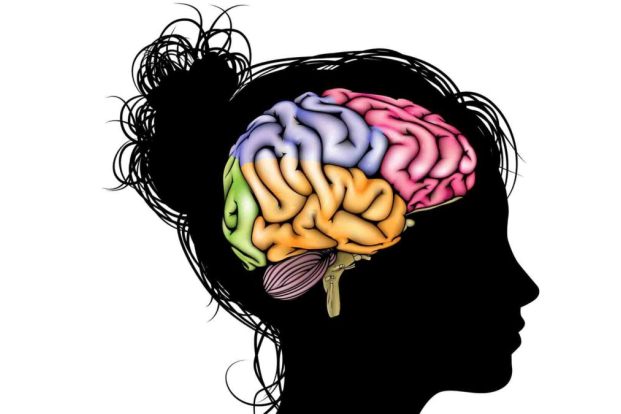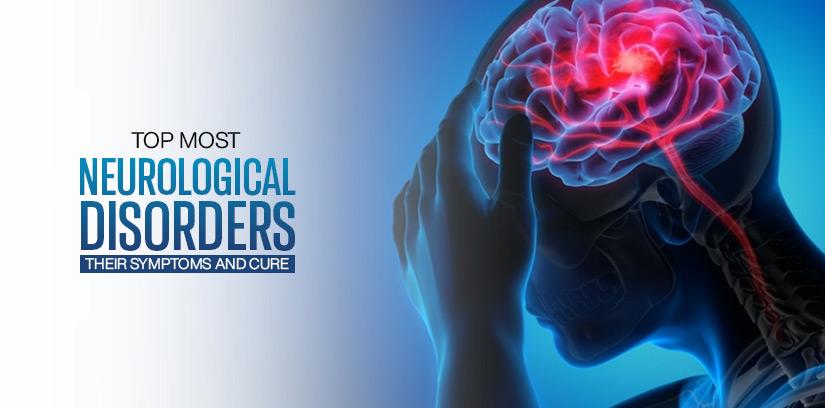The human brain is a marvel of complexity, responsible for our thoughts, emotions, and actions. Yet, it is not immune to disorders that can have profound effects on an individual’s life. From neuro-developmental conditions like autism to neuro-degenerative diseases such as Alzheimer’s, the impact of brain disorders can be far-reaching. In this blog, we will explore the importance of early intervention for various brain disorders and discuss the benefits of timely diagnosis and treatment.
Recognizing the Importance of Early Intervention
Early intervention entails the timely identification and addressing of brain disorders at their earliest stages. This proactive approach acknowledges the brain’s remarkable adaptability and the enhanced effectiveness of treatment when initiated early. Several key reasons underscore the importance of early intervention:
Enhanced Effectiveness of Treatment:

For many brain disorders, including neurodevelopmental conditions like autism and ADHD, early intervention can significantly improve outcomes. The developing brain is highly malleable, making timely interventions crucial for rewiring neural connections and enhancing cognitive, emotional, and behavioral development. Early behavioral therapy, for example, can profoundly impact the progress of children with autism, enhancing their social and communication skills.
Slowing Disease Progression:
In cases of neurodegenerative diseases like Alzheimer’s or Parkinson’s, early diagnosis and intervention can decelerate disease progression. Medications and therapies are often more effective when brain damage is less severe, resulting in an improved quality of life for those affected.
Enhanced Quality of Life:
Brain disorders can affect not only individuals but also their families and caregivers. Early intervention can equip families and individuals with coping strategies for the challenges these disorders present. By addressing issues promptly, overall quality of life can be improved, and the burden on caregivers can be reduced.
Reducing Long-Term Costs:
Though early diagnosis and intervention involve an initial cost, they often prove more cost-effective in the long run. Addressing brain disorders in their early stages can reduce the need for more intensive and costly treatments later on. Additionally, early interventions can help individuals become more self-sufficient, potentially reducing the requirement for long-term care.
Examples of Early Intervention in Brain Disorders
Autism Spectrum Disorder (ASD): Early diagnosis and intervention for children with ASD, including therapies like Applied Behavior Analysis (ABA), speech therapy, and occupational therapy, can lead to significant improvements in communication and social skills.
ADHD: Timely identification and management of ADHD through behavioral therapy, lifestyle adjustments, or medication can enhance a child’s academic performance and overall well-being.
Alzheimer’s Disease: Early detection of Alzheimer’s through cognitive assessments and imaging can facilitate the administration of medications that may slow the progression of the disease and enhance the patient’s cognitive function.
Stroke: Prompt medical attention and intervention during or after a stroke can minimize brain damage, improve recovery prospects, and prevent further strokes.
Epilepsy: Early diagnosis and treatment of epilepsy can help prevent seizures and reduce the risk of long-term complications, such as cognitive decline.
Conclusion
Early intervention for brain disorders is not only a medical necessity but also a compassionate approach to improving the lives of individuals and their families. By identifying and addressing these disorders at an early stage, we can leverage the incredible adaptability of the human brain to bring about positive changes. Furthermore, we can alleviate the emotional and financial burdens that these disorders place on individuals and society as a whole. Thus, it is imperative that we prioritize early diagnosis and intervention, not only within our healthcare systems but also in our collective awareness and advocacy efforts. The benefits are undeniable, and the potential for positive change is profound.
